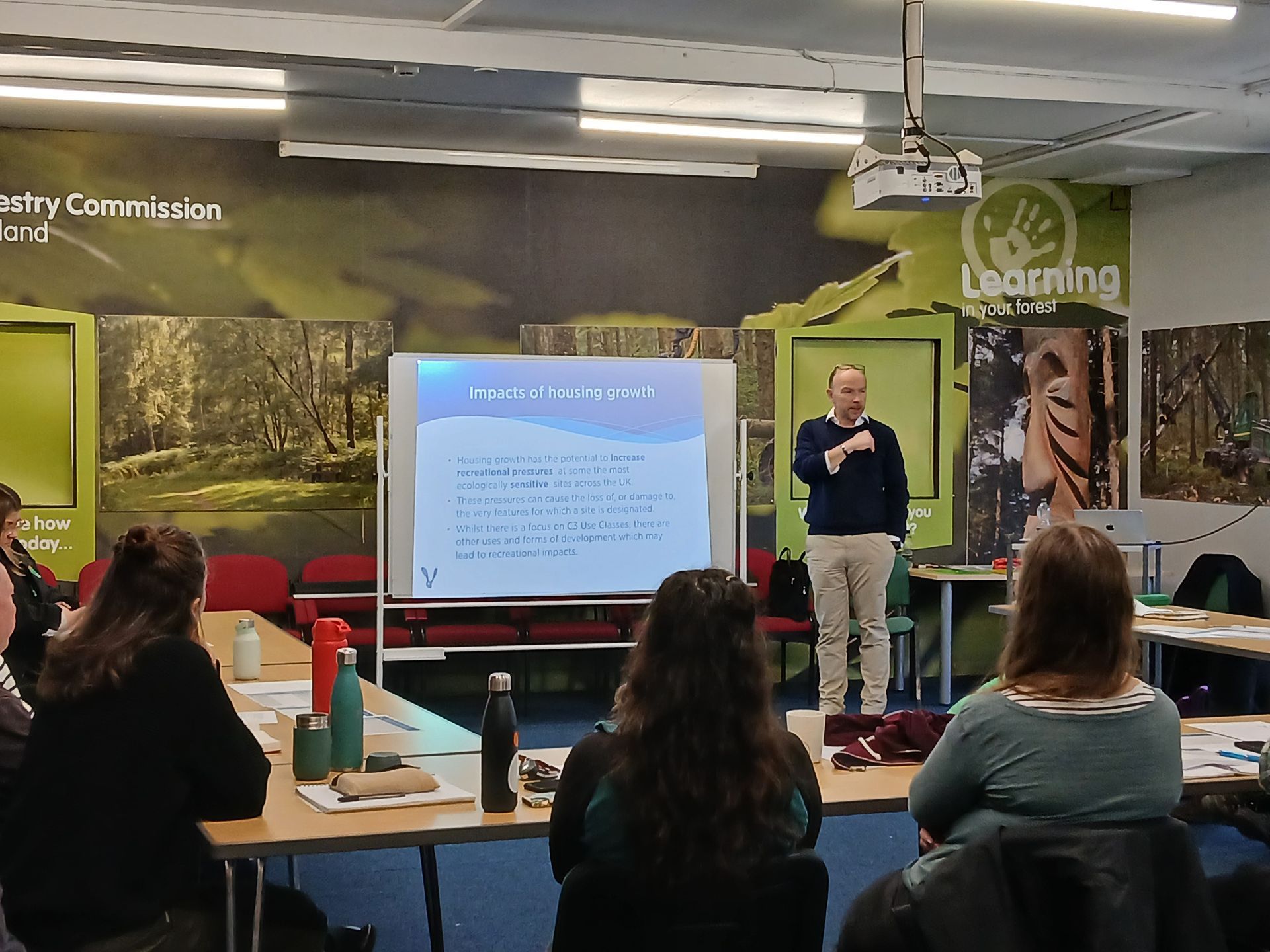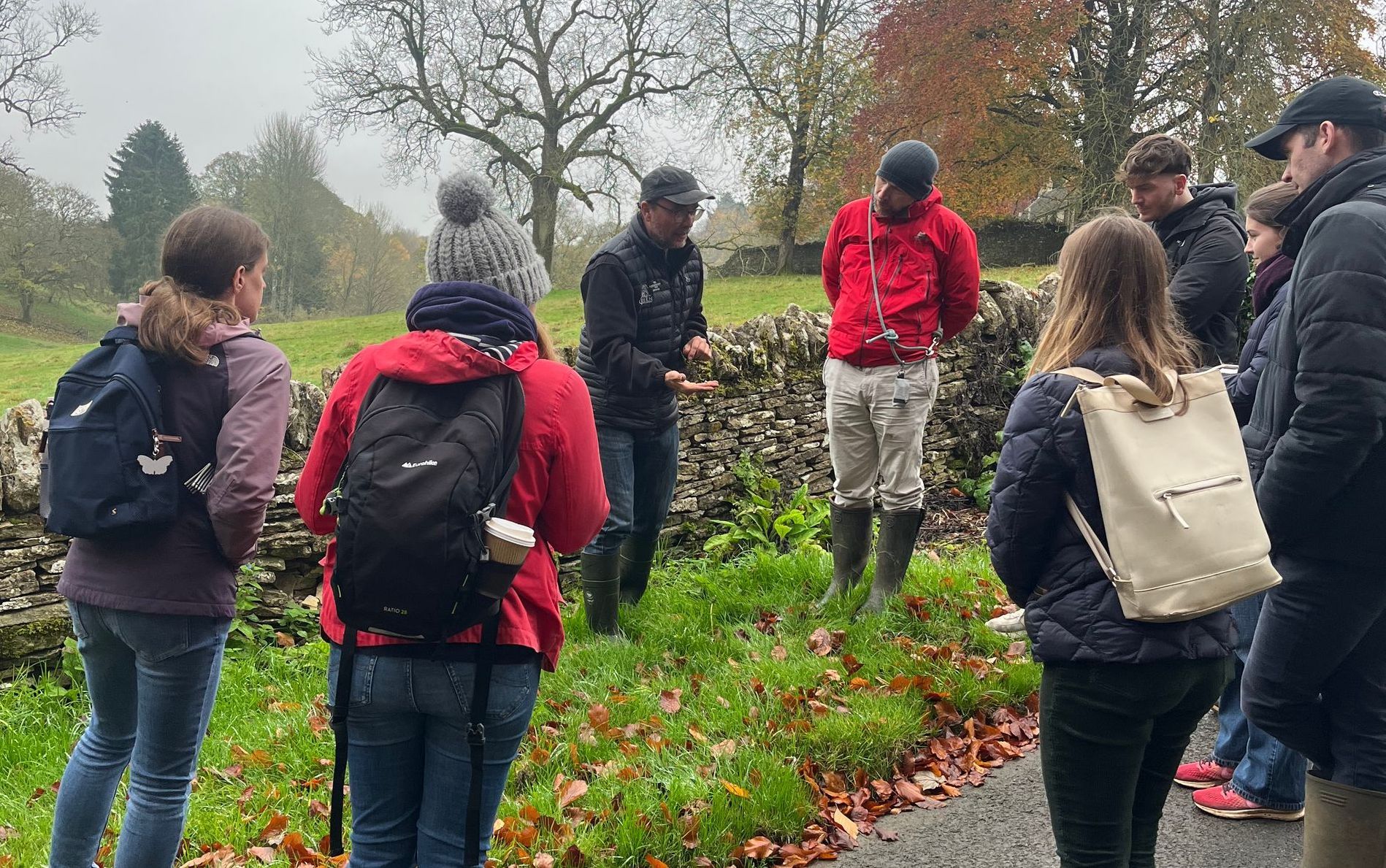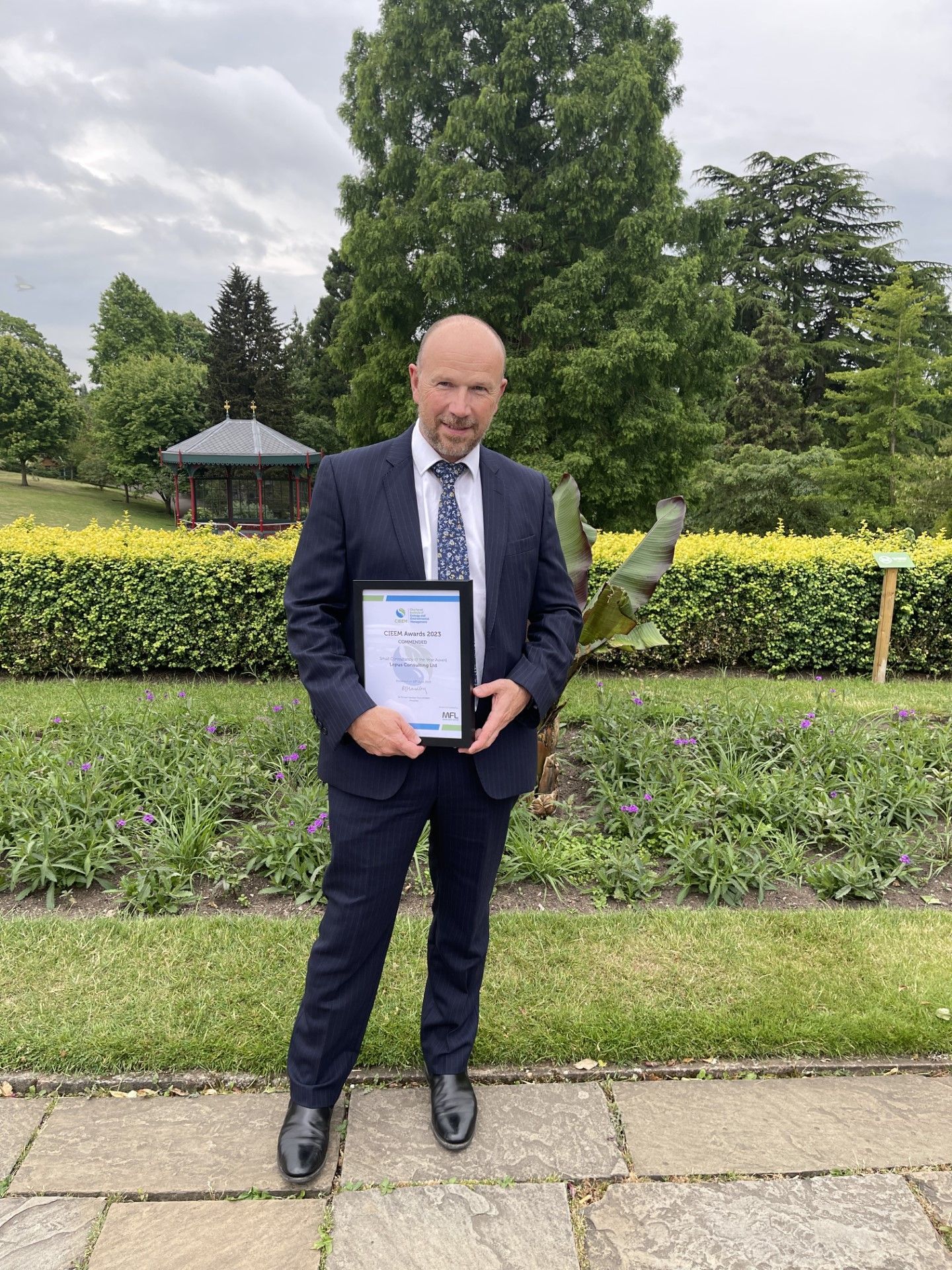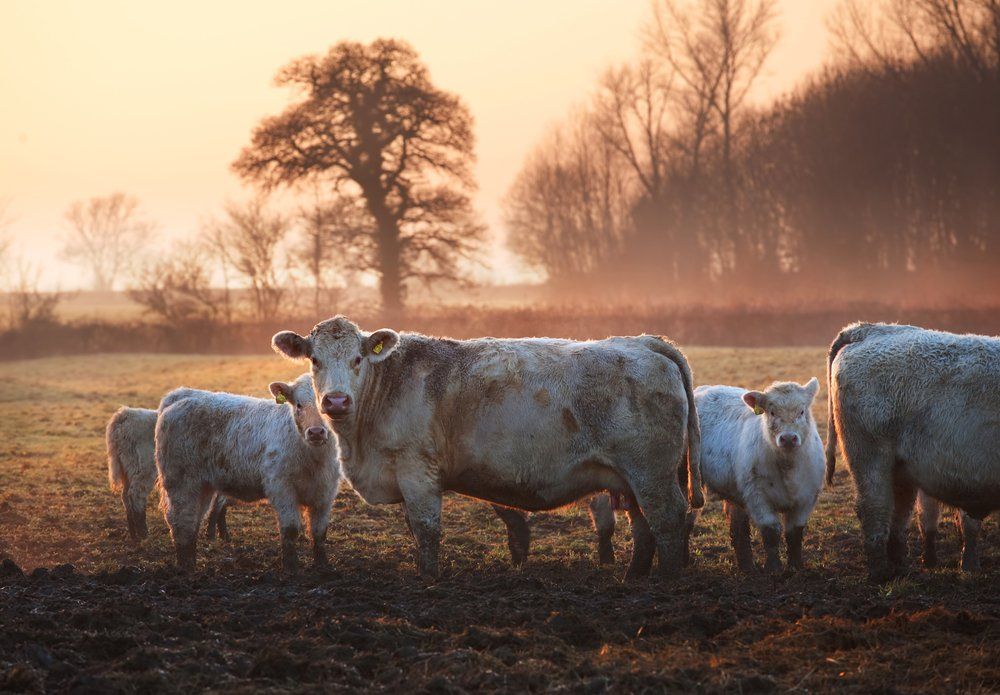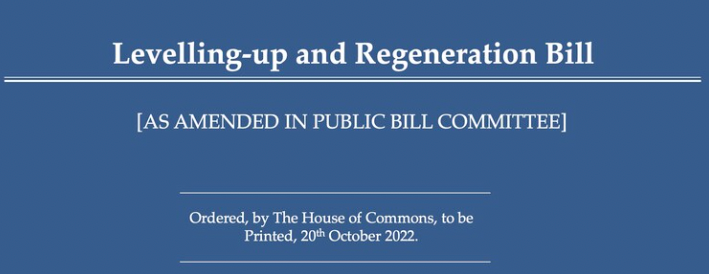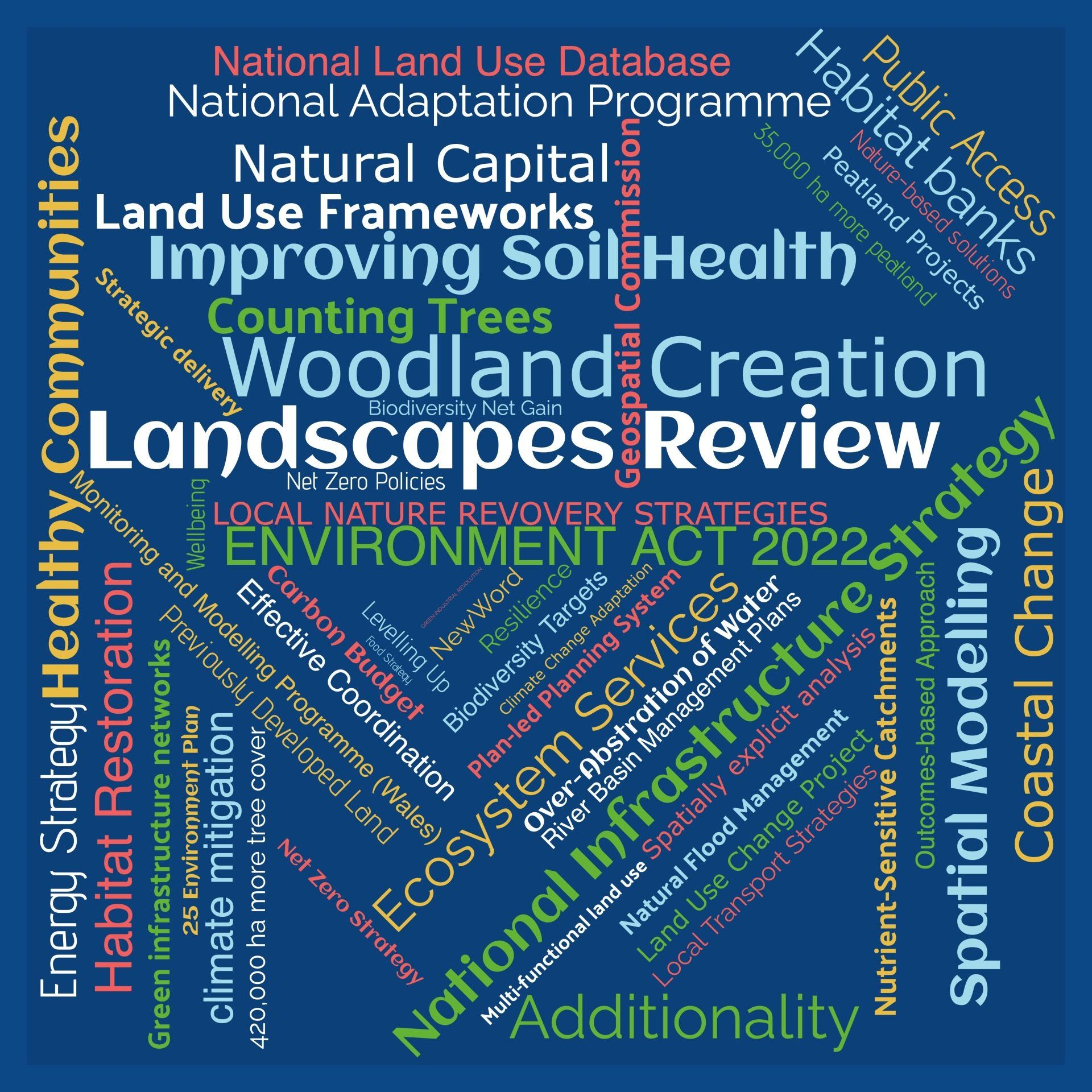Part III of the Planning and Infrastructure Bill and its Implications on Nature
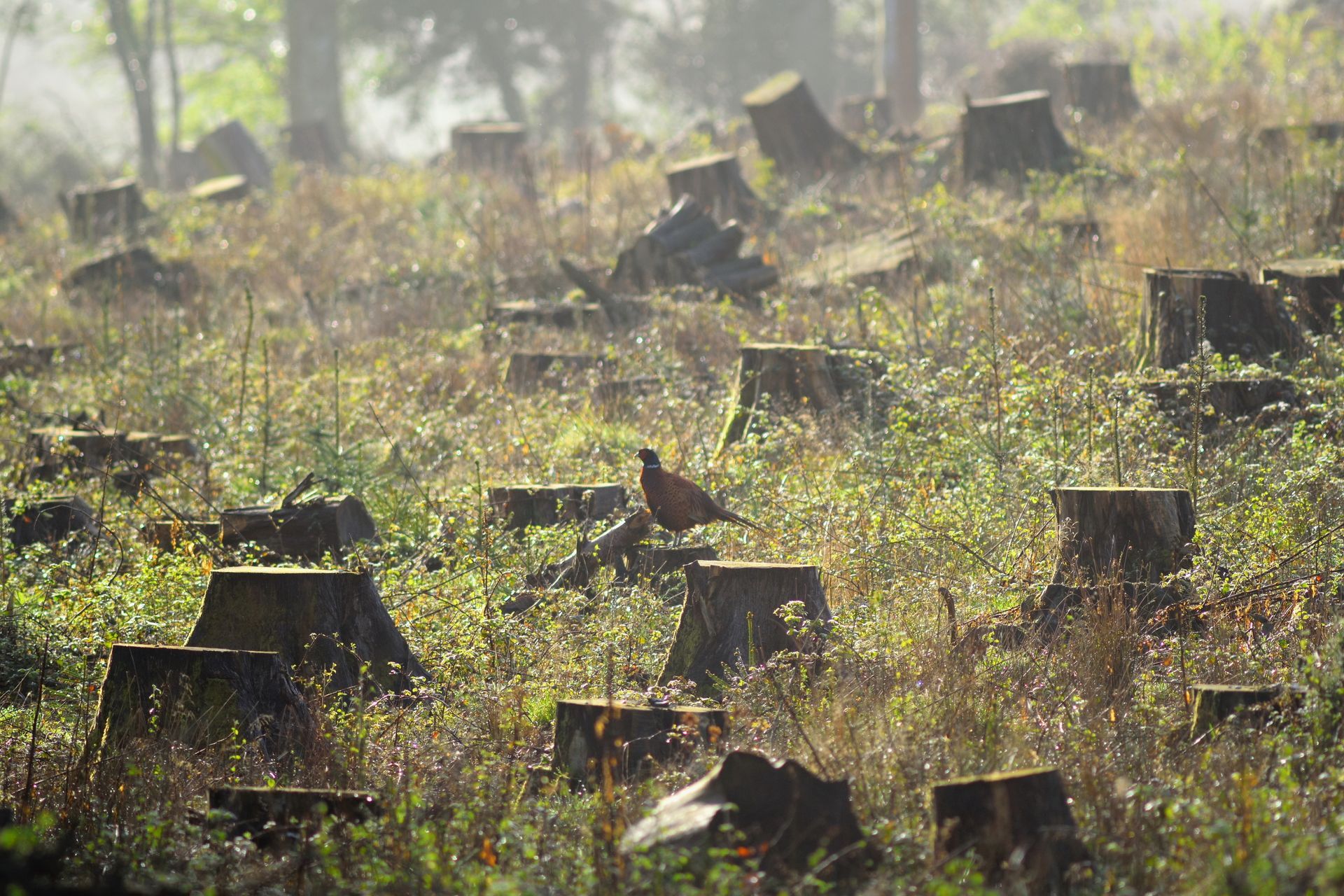
Under existing laws, such as the Habitats Regulations (the Conservation of Habitats and Species Regulations 2017) and the Wildlife and Countryside Act 1981, developers are required to undertake project specific assessments and mitigation strategies to assess and diminish their potential impacts on the natural environment. The Government suggests these processes can delay development until sufficient mitigation becomes available, creating barriers to building crucial homes and infrastructure.
Part III of the Planning and Infrastructure Bill will offer an alternative approach for developers by establishing the Nature Restoration Fund (NRF) and associated Environmental Delivery Plans (EDPs). Rather than implementing site-specific mitigation measures, the Bill will enable developers to pay into the central NRF via a one-off levy, funding large-scale conservation projects managed by Natural England or other designated delivery bodies. EDPs are created and managed by Natural England to outline the conservation measures that should be taken to address developments impact on a protected site or species. Before being implemented, the EDPs will undergo an ‘overall improvement test’ to assess whether the strategic approach is sufficient to outweigh the negative effects of developments.
The Government claims this process will enable Natural England and partners to quickly deliver nature restoration at a large scale whilst expediting development, however, the Bill has been heavily criticised by industry professionals, political figures, and environmental organisations such as The Wildlife Trusts and The Chartered Institute of Ecology and Environmental Management. A group of 40 leading conservationists, former Government advisors, and leading economists have written to every MP in England asking them to write to the Ministry of Housing, Communities and Local Government to request that Part III of the bill is paused. The letter states that the Bill is not a tool for nature recovery, enabling developers to ‘buy out’ their legal obligations to nature, which in turn, threatens crucial protections and risks irreversible damage to ecosystems. The letter states that “the Government’s rhetoric — that wildlife laws are delaying house building — is simply false”, going on to argue that developmental delays are mostly caused by under resourced planning authorities, infrastructure bottlenecks, and industry-led viability constraints. The authors argue that strategic licensing systems (such as the popular District Level Licensing for newts) are legally robust, evidence based, effectively protect species, and streamline development.
Part III of the Bill has been criticised for the following reasons:
· Whilst being reliant on the NRF levy to fund its own administration, Natural England will both write the conservation plans and assess their efficacy, with no independent examination, which is a clear conflict of interest. Moreover, the entire success of the Bill relies on Natural England’s ability to develop, deliver, and police effective EDPs, which presents a significant challenge for the organisation.
· The overall improvement test is vague and legally weak, leaving it open to manipulation and allowing environmental protections to be easily dismissed. Furthermore, the Secretary of State for Housing will have the discretion of determining whether the test is met, creating a loophole where political decision making can be prioritised over strategic actions backed by ecological and scientific reasoning.
· The Bill ignores fundamental principles of effective ecological governance:
a. The Polluter Pays Principal, which dictates that the costs of environmental damage should be borne by those causing it. This is instead replaced by a simple levy across all developments.
b. The Mitigation Hierarchy, which employs developers to first avoid causing harm, before minimising, then restoring, and as a last resort, offsetting environmental degradation. The NRF ignores this process, allowing developers to simply pay into the levy to offset damages.
c. The Precautionary Principal, which dictates that a lack of scientific certainty should not be used as a reason for postponing measures to prevent environmental degradation.
· Rather than being set to cover the real cost of ecological damage, the levies are viability based, being adjusted downwards according to development viability. This means that when economic pressures arise, nature will be set to lose out.
Lepus view
The government’s determination to ‘deliver the undeliverable’ (1.5 million homes in five years) is leading them into controversy as they seek to turbocharge the development process, seemingly at the cost of protecting, enhancing and restoring ecological integrity. Biodiversity levels are already woefully low in the UK, compared with other countries. It is apparent that the PIB is in sharp contrast to other government policy which seeks to deliver net zero, appreciate the climate change crisis and biodiversity crisis.
Lepus believes the proposed approach lacks transparency and is dangerously close to unleashing a level of unplanned development growth that has not been seen since the agricultural revolution and post-war development levels that were necessary to re-build the country.
Whilst at the forefront of the LURA 2023, the government has committed ensuring any reform to biodiversity management and protection will not be compromised in the face of other legislative reform, the PIB appears to run the risk of doing exactly the opposite.
There is much, much more thought and consideration required before the government introduces an Act that could lead to the loss of crucial safeguards that have, and continue to, protect nature in the United Kingdom. Not to forget that the NRF approach will put increasing strain on the already under-funded Natural England.
It is healthy to review and check if systems are fit for purpose. This must take place first rather than to adopt a slash and burn approach which leaves no room for reversal. The government would be wise to pause Part III of PIB whilst they can better answer some of these performance questions.
More from our blog
Remaining Neutral
